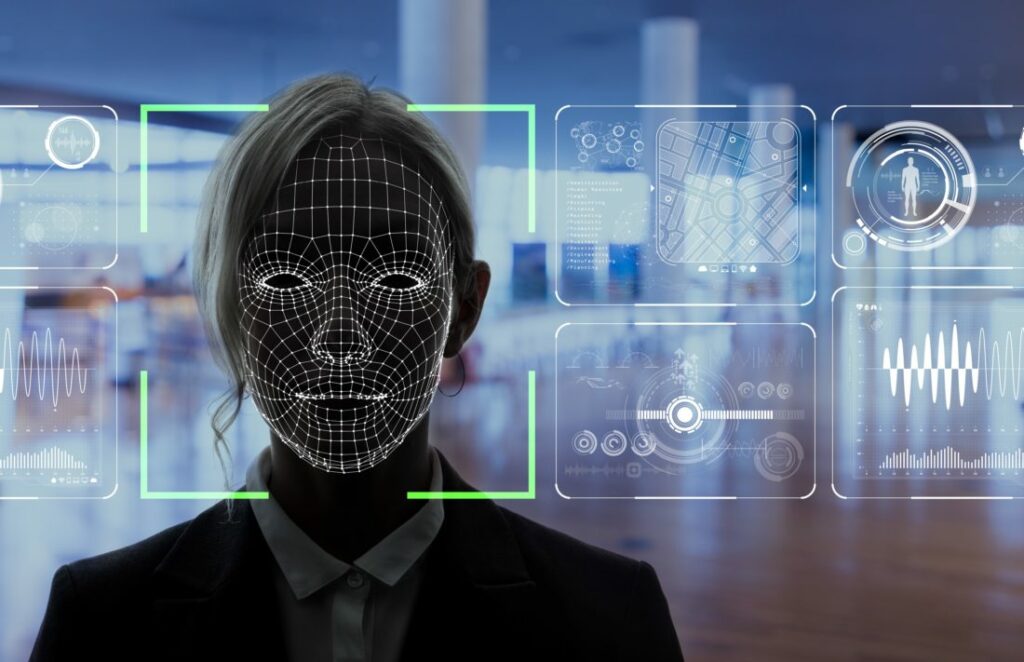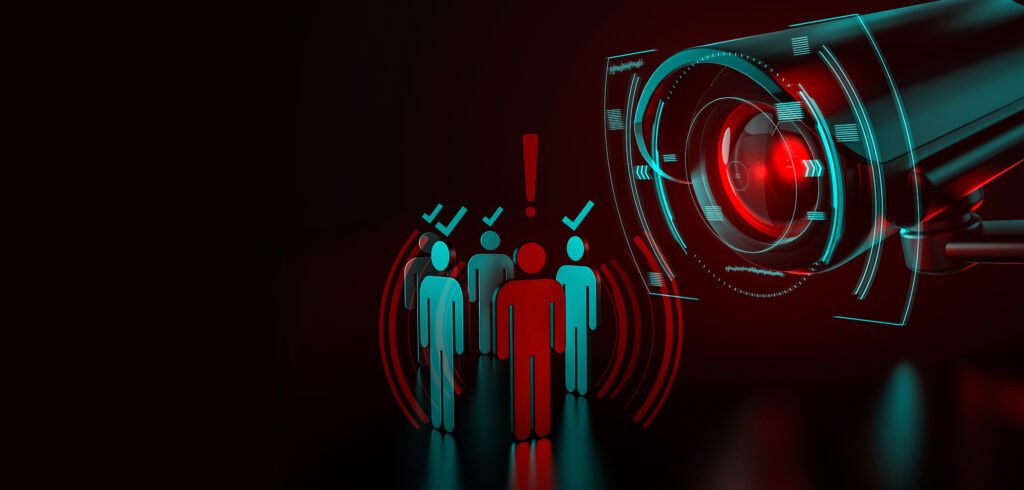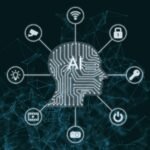Remember back in the TV show Alias when Sydney Bristow stripped down and turned on all the faucets and hopped in the shower to have a private conversation because surveillance bugs in her apartment were probably listening and the white noise was to drown out their conversation?
Back in the early 2000s, it was amusingly excessive. Not today, though.
Only, now it’s scarier cause it’s not just your intelligence agency employer bugging you to prevent defection, it’s centralization, big data, and AI watching and listening to you at all times through multiple devices in your house and on your person with cameras and microphones. Suddenly, Sydney doesn’t seem quite so paranoid.
Don’t worry, I’m not here to be a fear-monger.
I know we all see there’s a problem with data privacy and centralized companies monopolizing our personal data without our full and conscious consent. That’s no reason to live in a constant state of panic. We simply need to think about our options and how to move society closer to decentralization and a humanity-preserving path. So, let’s discuss.

Terms to know
When it comes to technology problems surrounding privacy, security, and centralization, here are some words to know.
Big data
With increasing data collection tools, big data is working with huge datasets, having characteristics of the three Vs: Volume: lots and lots of data. Velocity: collected rapidly and used for action. Variety: many different kinds of information.
Machine learning
Taking datasets gathered by big data and using algorithms to analyze them, track patterns, and improve decision-making is machine learning. Its aim is to replicate human learning in AI because the datasets are so large humans can’t sort and analyze them fast enough.
AI
Artificial intelligence (AI) uses machine learning to take insights from the algorithm and act on them. The thing that serves you mattress ads up the wazoo right after you visited purple.com is AI.
Predictive policing
There is a human rights concern when it comes to using AI and algorithms to “improve” various aspects of public and private life. Police departments using AI for predictive policing—identifying potential criminal activity before it happens—makes the ACLU shake in its boots.
Digital identity
Your digital identity is data about you that exists in digital form. It’s pretty much guaranteed that you don’t know the whole of what information is out there about you. Especially with big data gathering and drawing conclusions based on patterns you may not see yourself.
Internet of things
The internet of things (IoT) is how devices and objects interact with each other by connecting to the internet. Things that used to be “dumb” like lightbulbs, vacuums, and cars, are now “smart” by connecting to the internet and learning how to interact better.
Surveillance capitalism
Algorithms and AI mine behavioral data about customers to predict maximum effectiveness for advertisers and companies. Google started this with its search engine data gathering and it has ballooned into a huge industry.

The terror of centralized systems
While all of your digital identity information being collected and acted on by algorithms and AI is kind of stomach-turning on its own, the thing that really gets most people is that it’s done by large, centralized entities for purposes that they do not disclose to the public—like the Cambridge Analytica kerfuffle back in 2018 where user data from Facebook was used for political means, which outraged the masses.
Centralized companies don’t (or do) know what they’re doing
Often, whether true or not, the centralized companies using big data claim that they don’t know exactly what the algorithm is doing. This scares people across social and political spectrums—not just decentralization nuts. And the worst of all worlds looks like private companies working with governments to track and make predictions about the public’s behavior without transparency or accountability. Knowing the algorithm is always watching, Big-Brother-style, can send a shiver up anyone’s spine.
We all remember the NSA revelations that Ed Snowden exposed back in 2013 about the surveillance state and how the government used centralization and big data to gather information on unsuspecting citizens. I think there are very few people who believe that sort of thing isn’t still going on to this day. Plus, all you have to do is take a gander over at China and their social credit system to see what fearful possibilities might be headed for Western countries.
It’s everywhere
It’s not just companies and governments using artificial intelligence for expressly nefarious purposes, either. Even things as benign and progressive sounding as smart cities with sensors and cameras everywhere, connected to the IoT, have the potential to be extremely oppressive if the data collected and used is controlled by a centralized entity that can exploit it, should the need arise.
From the marketplace, to healthcare, policing, education, and everything in between, centralized control of your digital identity is a dangerous weapon in the hands of even the most well-meaning powers that be. Monitoring and gatekeeping, when it falls on a small group, always becomes a problem. Decentralization is a safety mechanism.
Free has a cost
Another problem that I must mention is the cost of centralized, big data and AI control. So many services and tools that we use like Google, Facebook, apps, platforms, etc. don’t charge users a fee. Most of us understand that “we are the product” and that advertising is largely the explanation for this. And, though we’re annoyed, we don’t let that stop us from using the services.
But the thing we don’t remember is that nothing is truly free. The real cost is your sovereignty. In the first episode of the Uncensored Crypto docuseries, which you should definitely check out, Jimmy Song says that the way the North Korean totalitarian government obtained power was by offering everything for free until the populous became so dependent they had no choice but to comply. Compliance is the real cost of “free” products and services.
Do you feel like you can opt-out of all the digital services we use today? Most of us don’t—we feel obligated to comply. We’ve already lost the freedom to opt-out and, if we’re not careful, may find ourselves in a global serfdom in the future, much like North Korea.
The solutions of decentralization

So, what’s the solution?
Are we doomed to the fate that centralized, big data seems to be driving us toward?
Or can we change course to decentralization?
I don’t want to sound like a doomer. I truly hope we’re not past the point of no return when it comes to centralization and a trajectory toward AI-controlled global serfdom.
But, if our society stands a chance, there are some things we should be thinking about—namely decentralization. Here are some tokenization concepts to familiarize yourself with.
Conclusion
The danger of centralization in companies and governments that control our data and digital information can be scary.
It can be complicated, burdensome, and overwhelming.
The thought of losing sovereignty and ushering in a serfdom that’s not just relegated to China—but global, is unsavory. But the future is ours to shape. Humans, after all, are the ones who created the technologies that we use.
We can also define how they’ll be used in the future.
Here’s to hoping that we can nudge ourselves in the direction of humanity and collaboration through decentralization instead of complete control and mechanical automation.
About the Author

Michael Hearne
About Decentral Publishing
Decentral Publishing is dedicated to producing content through our blog, eBooks, and docu-series to help our readers deepen their knowledge of cryptocurrency and related topics. Do you have a fresh perspective or any other topics worth discussing? Keep the conversation going with us online at: Facebook, Twitter, Instagram, and LinkedIn.


